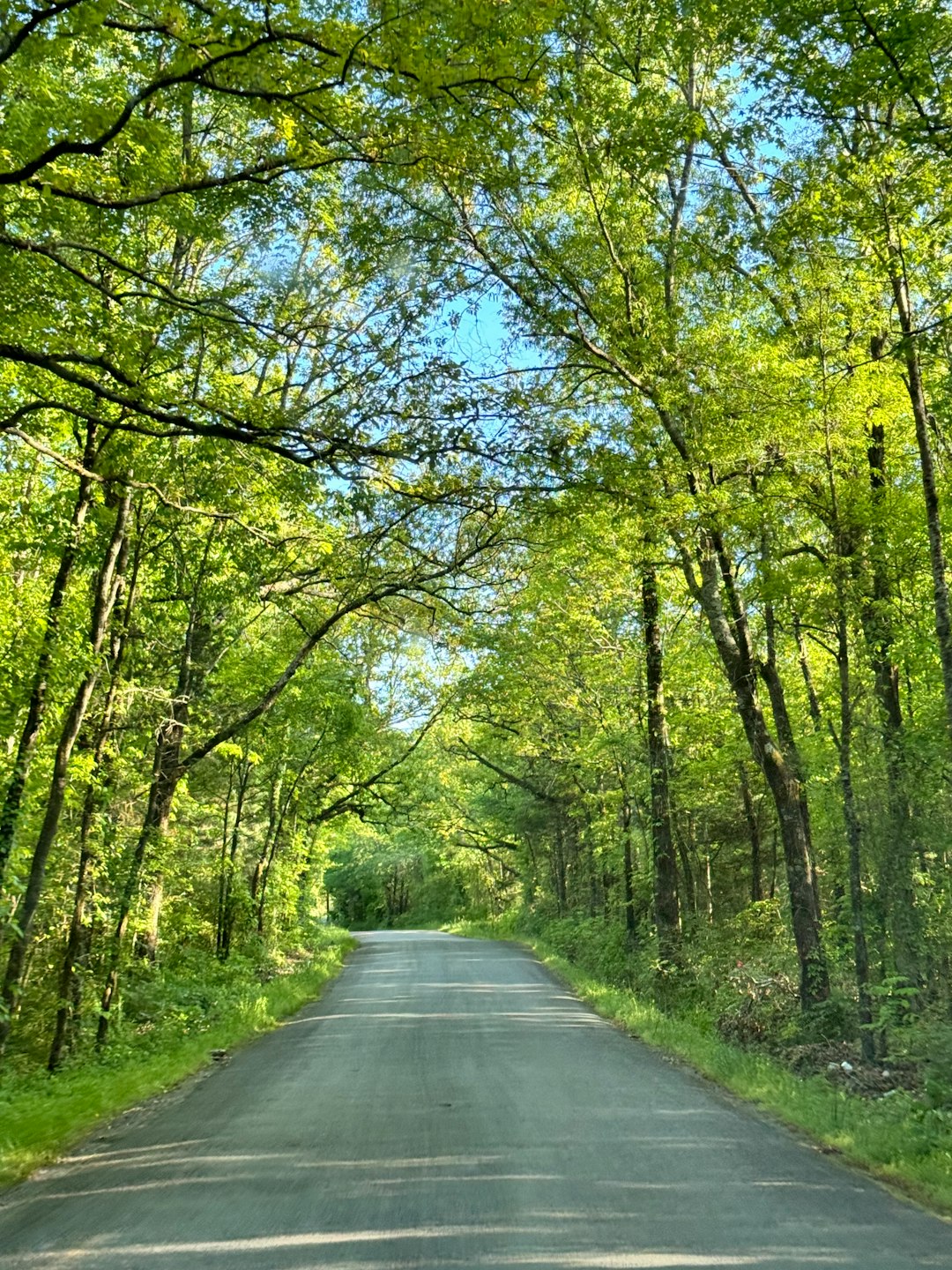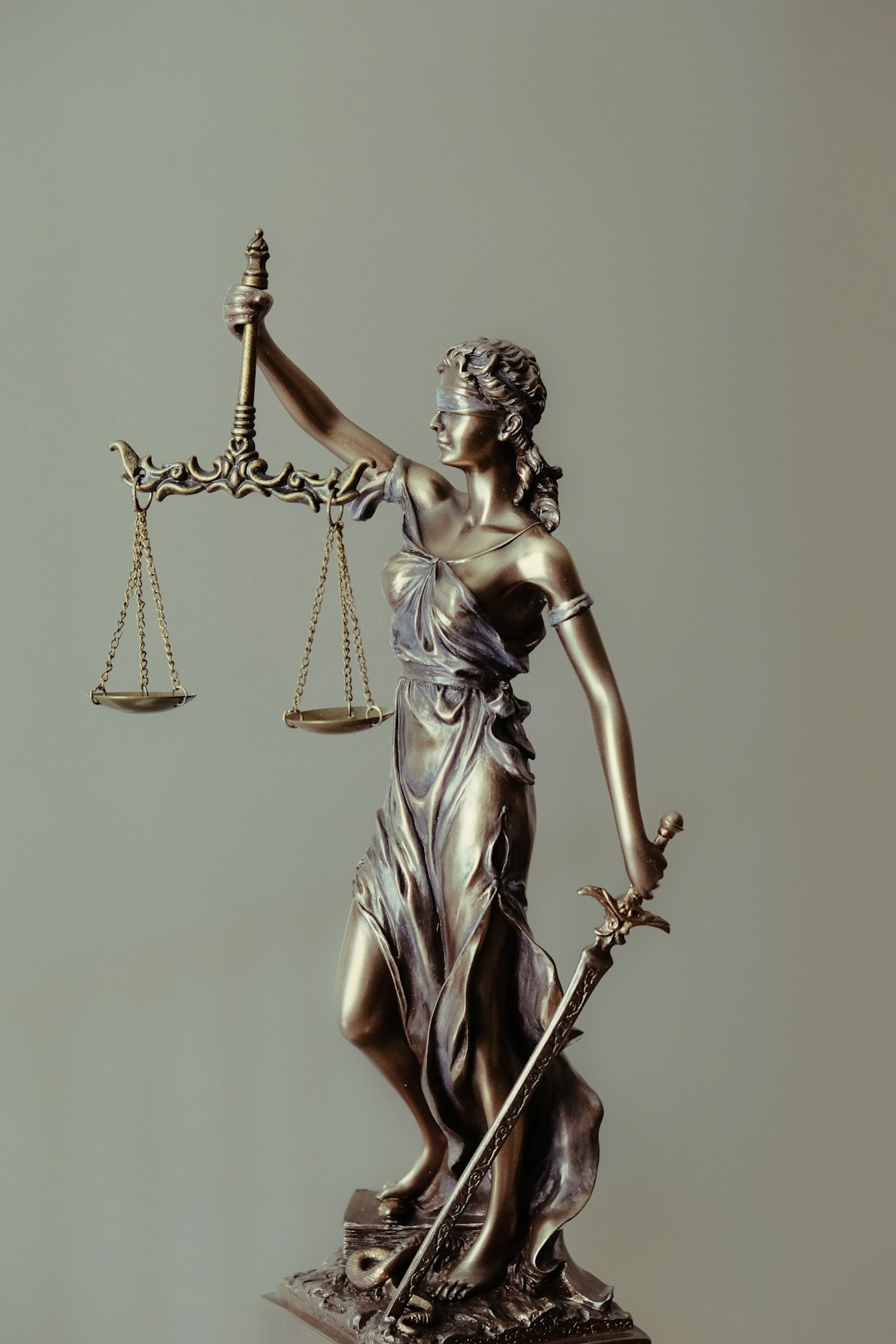Media representation of sexual abuse in Arkansas significantly influences public perception, with accurate and empathetic coverage fostering awareness, encouraging survivors to come forward, and supporting justice. Local news outlets play a vital role in educating communities and collaborating with legal professionals to provide insights into rights and advocate for victims. Skilled sexual abuse lawyers in Arkansas must monitor media portrayals to ensure accuracy and protect privacy, working towards a more just legal landscape. Prevention organizations utilize diverse strategies, including social media campaigns, storytelling, and community events, to educate the public and empower individuals to recognize and report abuse. Those affected by sexual abuse are urged to consult with specialized lawyers for guidance and representation in securing justice and compensation.
In Arkansas, understanding the media’s role in sexual abuse awareness is crucial. This comprehensive article explores how media representation shapes public perception, with a focus on local news outlets’ impact and legal perspectives that influence advocacy. We delve into effective communication strategies for prevention organizations and present case studies of successful media campaigns to combat sexual assault. Key insights from these areas highlight the importance of responsible reporting by sexual abuse lawyers in Arkansas to foster awareness and justice.
The Impact of Media Representation on Public Perception of Sexual Abuse

Media representation plays a pivotal role in shaping public perception about sexual abuse, which is why a responsible and sensitive portrayal is crucial. The way media depicts survivors, perpetrators, and the issue itself can significantly influence how the Arkansas community understands and addresses this problem. A well-informed public is essential for supporting victims and holding perpetrators accountable; thus, it’s vital to ensure media narratives are accurate and empathetic.
When handled with care, media coverage can bring much-needed attention to sexual abuse cases, fostering a greater sense of awareness among folks in Arkansas. This increased visibility may encourage survivors to come forward, knowing they have support. Conversely, negative or misleading media representations could lead to stigma, making victims hesitant to seek help from sexual abuse lawyers in Arkansas or share their stories. Therefore, responsible media practice is key to creating a culture where sexual abuse is taken seriously and survivors receive the justice and care they deserve.
Role of Local News Outlets in Raising Awareness Among Arkansas Communities

In Arkansas, local news outlets play a pivotal role in raising awareness about sexual abuse within communities. These media platforms serve as powerful tools to educate citizens, dispel myths, and foster open dialogues about this sensitive topic. Through dedicated reporting and in-depth investigations, local news outlets can bring attention to the prevalence of sexual abuse, identify at-risk populations, and highlight successful prevention strategies. By employing sensitive yet informative storytelling, they can connect with audiences on a personal level, encouraging individuals to seek help or report suspicious activities.
Furthermore, local news coverage can hold perpetrators accountable and advocate for justice for survivors. A well-researched and factually accurate article featuring the perspectives of sexual abuse lawyers in Arkansas can provide valuable insights into the legal rights of victims and the processes involved in seeking redress. This not only empowers individuals to take action but also raises awareness about the availability of legal resources, ensuring that those affected by sexual abuse know their options and have access to support systems.
Legal Perspective: How Media Influences Sexual Abuse Cases and Advocacy

In Arkansas, the media plays a significant role in shaping public perception and influencing legal outcomes related to sexual abuse cases. A skilled sexual abuse lawyer in Arkansas understands this dynamic. Media coverage can either sensitize the community or perpetuate stereotypes, affecting how victims are viewed and treated during legal proceedings. Responsible media reporting can help identify patterns of abuse, highlight systemic issues, and foster advocacy for survivors. However, sensationalized narratives or biased reporting can cause further harm to victims and hinder their willingness to come forward.
Legal professionals must be vigilant in monitoring media portrayal to ensure it aligns with the facts and respects the privacy and dignity of victims. A sexual abuse lawyer in Arkansas may collaborate with media outlets to promote accurate representation while advocating for stricter regulations on reporting sensitive cases. This collaborative approach can contribute to a more just legal landscape, offering better support for survivors and holding perpetrators accountable.
Effective Communication Strategies for Sexual Abuse Prevention Organizations

Sexual abuse prevention organizations in Arkansas play a pivotal role in educating communities and safeguarding vulnerable individuals. Effective communication strategies are essential tools to empower them. These include leveraging various media platforms, such as local news outlets and social media, to disseminate crucial information about recognizing and reporting sexual abuse. Engaging storytelling techniques can humanize the issue, making complex topics accessible and fostering empathy among audiences.
Moreover, visual aids, like infographics and videos, are powerful tools for conveying prevention messages. Collaborating with influential figures or survivors of sexual abuse who are willing to share their stories can amplify the impact of campaigns. Organizations should also consider hosting community events, workshops, and webinars to encourage open dialogue. By employing these strategies, sexual abuse lawyers in Arkansas can contribute to a more informed and proactive society, ultimately reducing instances of this heinous crime.
Case Studies: Successful Media Campaigns in Arkansas to Combat Sexual Assault







